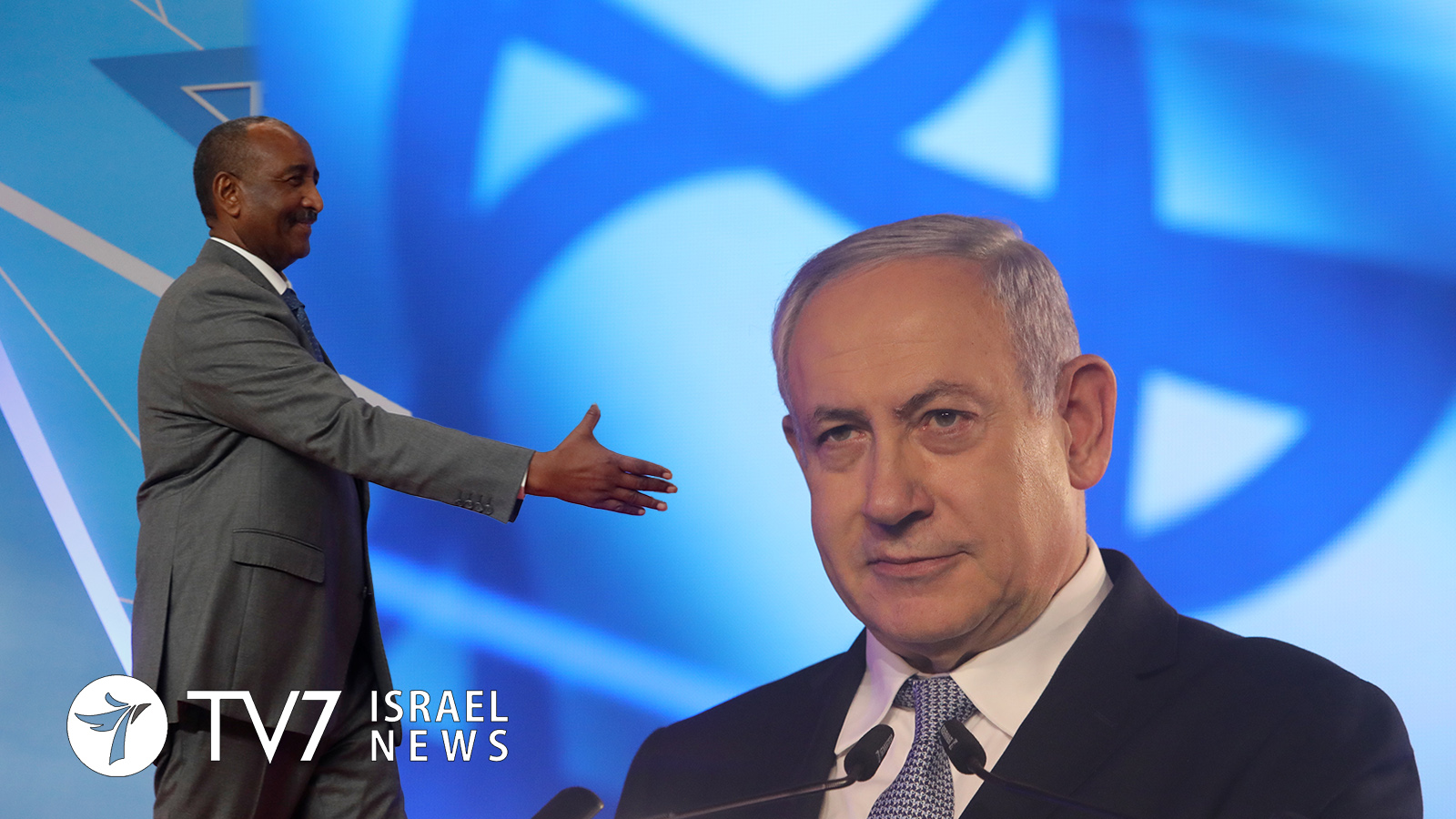Speculation is rising over whether Sudan will be the next country to normalize ties with Israel.
The United States, which recently brokered the historic Abraham Accords between Israel with the United Arab Emirates and Bahrain, is believed to be pushing hard for Khartoum to establish relations with Jerusalem.
U.S. Secretary of State Mike Pompeo has reportedly pressured Sudan’s transitional government make the diplomatic breakthrough in exchange for a $300 million aid package and removal of the northeast African Republic from Washington’s designated state sponsors of terrorism and list banned travel destinations. Other benefits reportedly include $3 billion in debt relief and investments.
Sudan’s governing Sovereignty Council is believed to have held urgent overnight discussions, in response to what intelligence sources say was a 24-hour ultimatum from the Trump Administration handed down on Wednesday to decide to enact formal diplomatic relations with Israel.
Khartoum has so far rejected Washington’s overture and government officials are divided on the issue, according to local media. The pan-Arabic Asharq Al-Awsat daily is reporting that Sudanese Prime Minister Abdalla Hamdok has not only expressed strong opposition to normalizing ties with Israel, but is insisting that any such move not serve as a quid pro quo for absolution of his country as an official sponsor of terror. Hamdok previously commented last month that the “complicated” matter of establishing relations with the Jewish State mandated deep discussion among the Arab-majority population.
Sudan’s Islamic Fiqh Academy declared a fatwa religious decree forbidding normalization with Israel in September. That move that was countered this past Saturday by the head of the Fatwa Department at the Sudan Scholars Association, Sheikh Abdel-Rahman Hassan Hamed, who issued another fatwa proclaiming that diplomatic ties between Khartoum and Jerusalem are permitted as they are a legal rather than religious issue.
It has been hoped that Sudan would implement democratic reforms after the overthrow of President Omar Hassan al-Bashir in a 2019 coup d’état. During Bashir’s 3-decade rule, the country’s legal system was based on Islamic Sharia law permitting public stoning, flogging, whipping of women on ‘indecency charges’ – and even crucifixion. Just this past month a pact was signed by the transitional government and rebel group leaders that officially separated the state and religion and declared no official state religion.
Israeli Prime Minister Benjamin Netanyahu held surprise talks with the head of Sudan’s Transitional Sovereign Council, Lt. Gen. Abdel-Fattah Al-Burhan, during a visit to Uganda in February. The Israeli leader’s office said that the two agreed to advanced normalized relations, while Sudan’s cabinet insisted that no commitment had been made.
